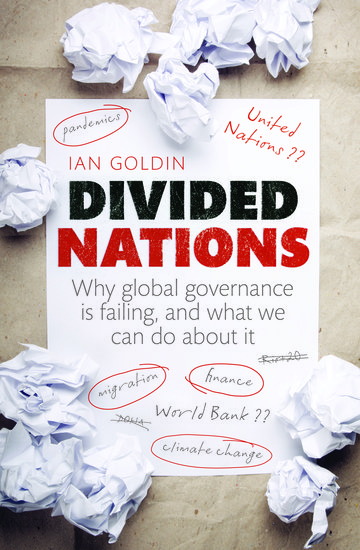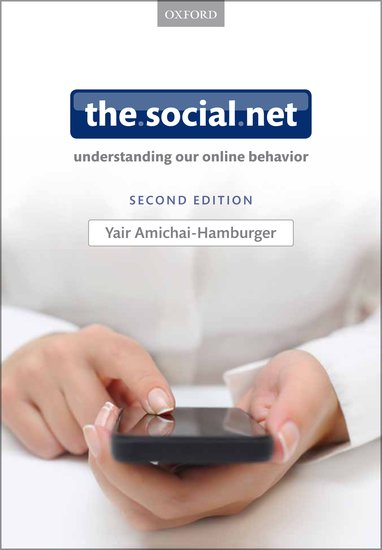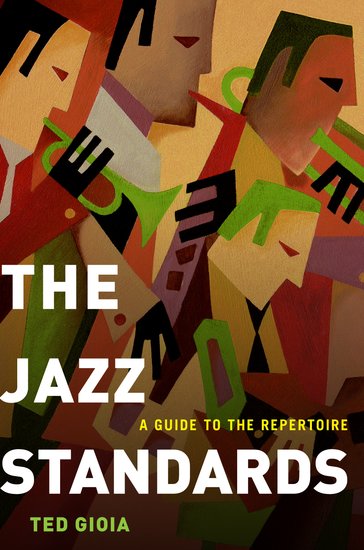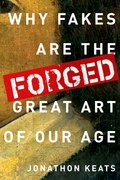Benedict XVI, Francis, and St. Augustine of Hippo
By Miles Hollingworth
We have a new Pope: Francis — a name honouring St. Francis of Assisi, who venerated poverty and recommended it to his followers. In the build up to his election, a good deal of attention was naturally directed to the challenges facing the Catholic Church. Not least of these is the question of social justice and the plight of the global poor.





















